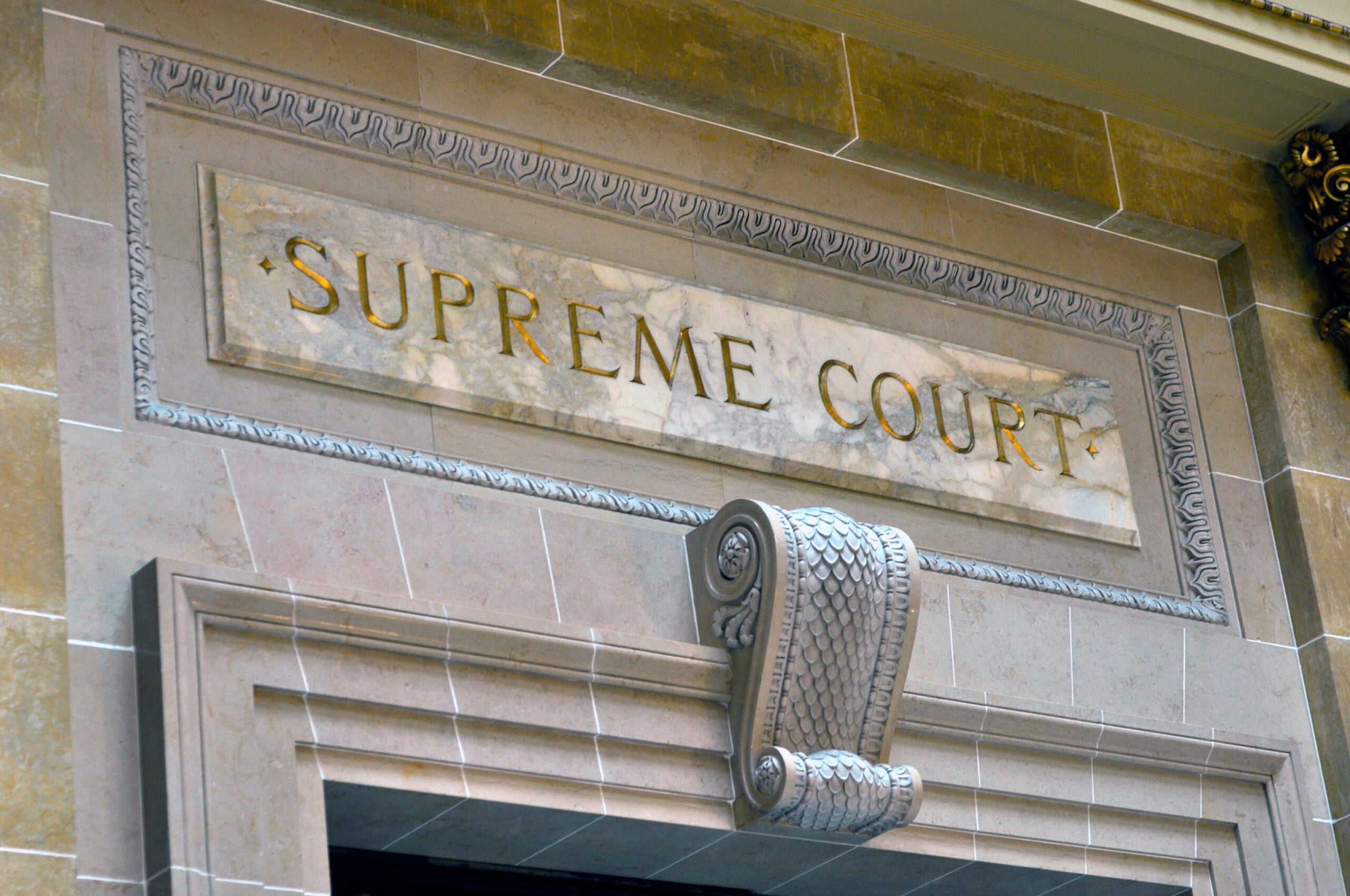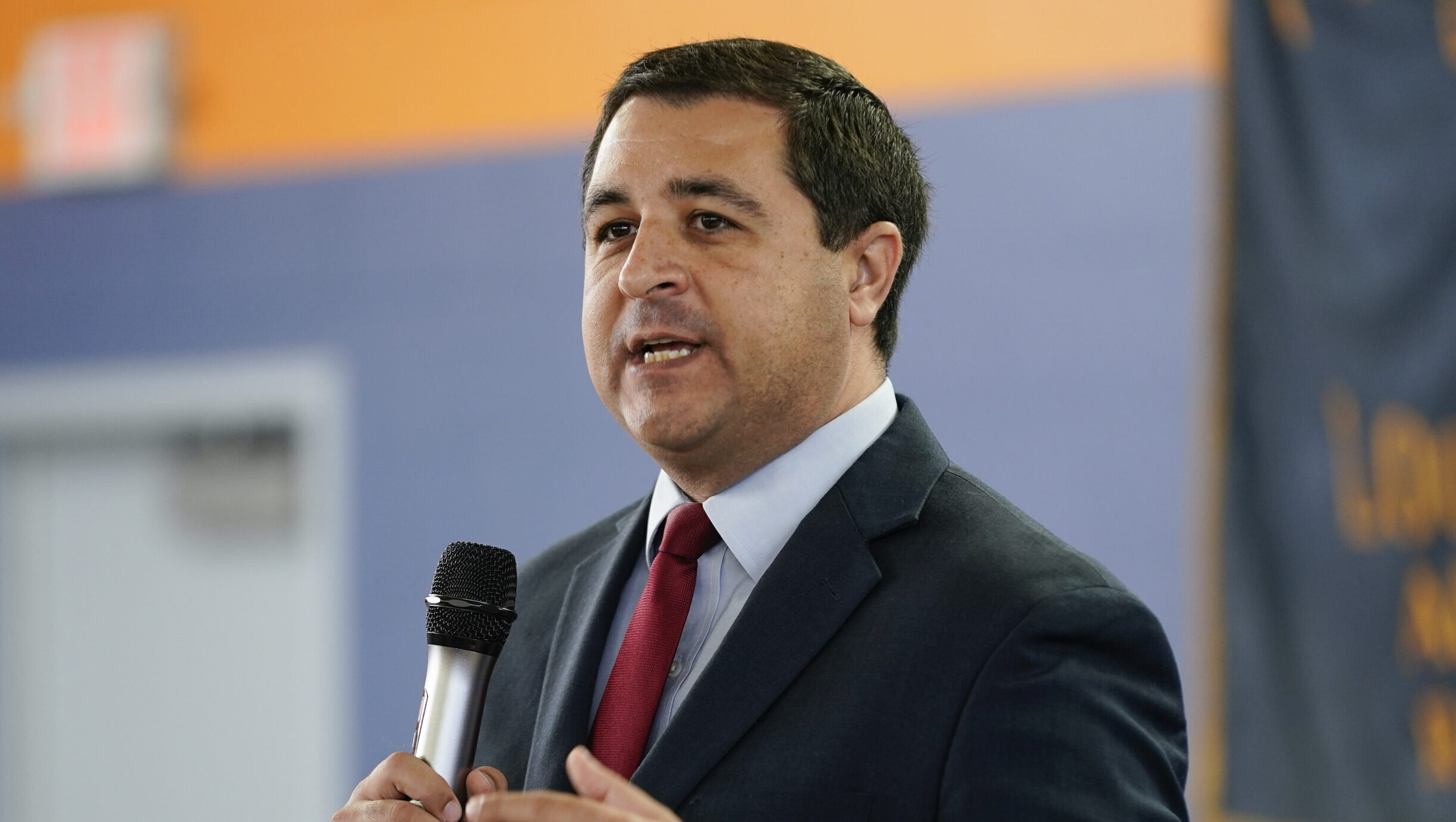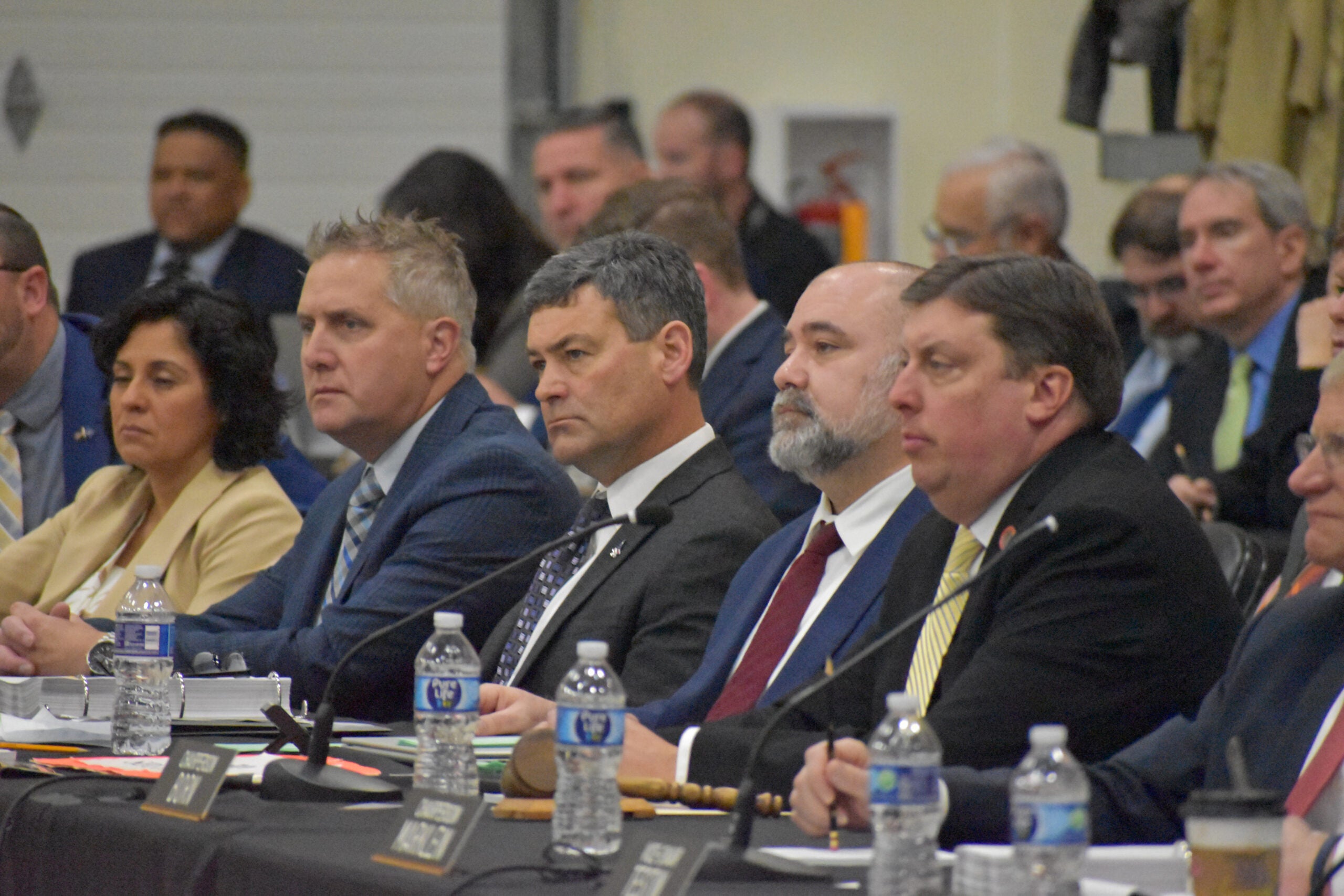The Wisconsin Supreme Court is considering whether to uphold a state law that gives the governor veto power over rules enacted by the state superintendent of schools.
The 2011 law grants the governor the power to block rules written by any state agency, but lower courts ruled it unconstitutional as applied to Superintendent of Schools Tony Evers and the Department of Public Instruction. Evers and his supporters say the law is a power grab that prevents him from effectively supervising state education policy.
However, in oral arguments Tuesday, Justice Michael Gabelman said the superintendent’s rulemaking authority was given by the Legislature and they can take it away.
Stay informed on the latest news
Sign up for WPR’s email newsletter.
“It is the will of the people as expressed through the Legislature which enjoys primacy, unless those actions are demonstrated beyond a reasonable doubt to be unconstitutional,” Gableman said.
He said that if the governor blocks a rule the superintendent feels is important, he can always ask the Legislature to pass a law to override the governor’s veto.
Evers said it’s unlikely he would ever be able to succeed in getting lawmakers to step over the governor’s decision to block a rule.
“That’s not much a safety valve,” Evers said, adding that he sees the law as a slippery slope that could lead to future efforts to whittle away at the superintendent’s powers.
A previous state Supreme Court ruling from 1996 was at the heart of the challenge to the 2011 law. In that case, the court ruled against an effort by then-Gov. Tommy Thompson to strip the state superintendent of all his powers by making the office subordinate to an appointed secretary of a new Department of Education. The court said the proposal violated language in the state constitution that bars the Legislature from shifting authority from an elected constitutional officer to any other officer.
Lawyers for Evers, teachers, parents and school administrators challenging the 2011 law asked the court to apply the same logic in this case. Evers said his rulemaking authority is what allows him to put teeth in the laws the Legislature passes and said it’s essential to implementing new education policies. He said that if the law goes into effect, it will cripple his ability to do that.
But supporters of the new law, including the state attorney general, argue the 1996 ruling was too broad and limits the ability of the Legislature to influence state education policy.
Assistant Attorney General David Meaney asked the court to narrow the scope of that ruling or overturn it. Meaney said if the governor doesn’t have the ability to approve and veto education rules, then important innovations in education policy may be stifled.
The court is expected to rule on the case sometime next summer.
Editor’s note: An earlier version of this story featuring Associated Press content has been updated with original reporting.
Wisconsin Public Radio, © Copyright 2025, Board of Regents of the University of Wisconsin System and Wisconsin Educational Communications Board.




